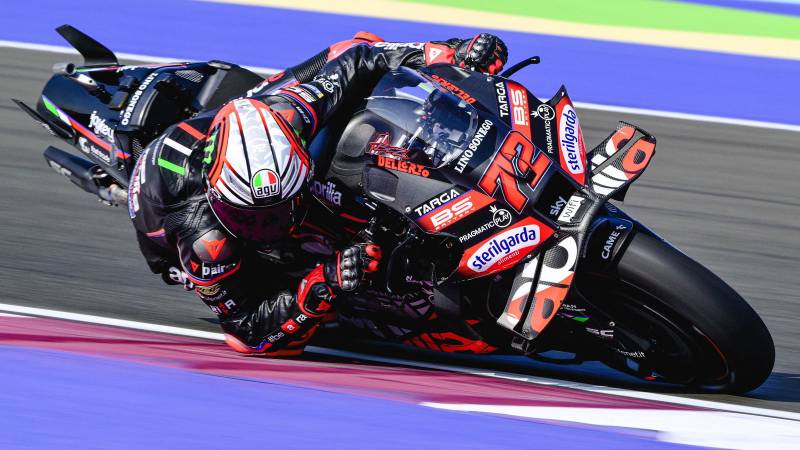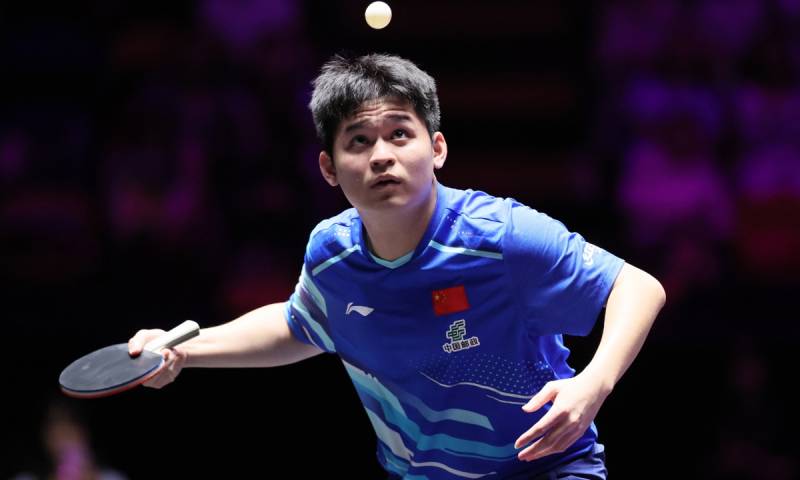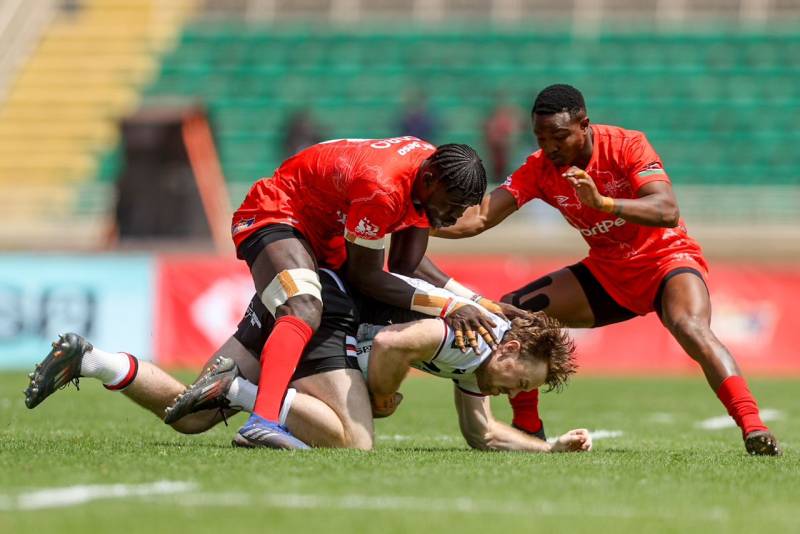Chelsea Football Club, once a modest London side, has become a name etched in the fabric of world football. From its humble beginnings in 1905 to conquering global football stages, Chelsea’s story is not just about trophies; it’s about resilience, transformation, and rewriting destiny.
At Stamford Bridge, dreams were modest in the early years. For decades, Chelsea flirted with success, lifting their first league title in 1955. But inconsistency plagued them. They were a club with flashes of brilliance but lacking sustained dominance. That narrative changed in 2003 when Russian billionaire Roman Abramovich purchased the club. His investment turned Chelsea from a sleeping giant into a powerhouse. World-class managers like Jose Mourinho, Carlo Ancelotti, Antonio Conte, and Thomas Tuchel soon followed, bringing with them a winning mentality that redefined the club’s identity.

Related article - Uphorial Podcast

Chelsea’s trophy cabinet now tells a tale of modern football greatness: multiple Premier League titles, FA Cups, League Cups, UEFA Europa League triumphs, and two coveted UEFA Champions League trophies. Their first Champions League win in 2012 was iconic—a team written off by many clawed its way past Barcelona in the semi-finals and overcame Bayern Munich in their backyard. Didier Drogba’s legendary header and decisive penalty immortalized Chelsea that night.
Yet, for all their European success, one title remained elusive: the FIFA Club World Cup. A trophy that marks true global supremacy. In 2012, Chelsea had their first chance but faltered against Brazilian side Corinthians. That defeat haunted them. It wasn’t just about losing a trophy; it was a missed chance to validate themselves as the best football club in the world. Fast forward to February 12, 2022, when history finally tilted in Chelsea’s favor. Managed by Thomas Tuchel, who had already led them to their second Champions League title in 2021, Chelsea arrived in Abu Dhabi not just as European champions but as a team seeking redemption. Their opponents in the final: Palmeiras, Brazilian champions, and a club steeped in its rich history.
The final was intense and nervy, with Palmeiras proving a stubborn opponent. After ninety minutes ended in a 1-1 deadlock, the game extended into extra time. It was then, in the 117th minute, that Chelsea’s German forward Kai Havertz calmly converted a penalty, the same man who had delivered the Champions League in Porto months earlier. The goal sparked scenes of unrestrained joy. The final whistle didn’t just signal victory, it sealed Chelsea’s status as world champions. For the fans, it was more than a win. It was closure. A symbol that their club, once dismissed as outsiders, now sat at the pinnacle of world football. What makes Chelsea’s journey compelling is not just their wealth or star players, but their ability to rise from setbacks. After every fall, whether managerial chaos, transfer bans, or harsh defeats, Chelsea found ways to reinvent themselves.
This triumph, however, is not the end of Chelsea’s story. With ownership now under Todd Boehly, post-Abramovich Chelsea is entering a new era. The pursuit of silverware continues, but so does the rebuilding of identity. Amid changing football dynamics, Chelsea remains a beacon of ambition—a club unafraid to chase greatness in every competition. Being crowned FIFA Club World Cup winners isn’t just about the trophy. It’s about what it represents: validation. Recognition that Chelsea, a club once overlooked, now belongs in conversations about football’s elite. From Stamford Bridge to Abu Dhabi, Chelsea’s story is a testament to perseverance, vision, and the undying belief that no dream is ever too big. In the world of football, where history favors the traditional giants, Chelsea carved out their path. And as the blue flag flies high, one truth remains clear: the game now respects Chelsea not just as champions, but as world champions.
Congratulations to Chelsea!



